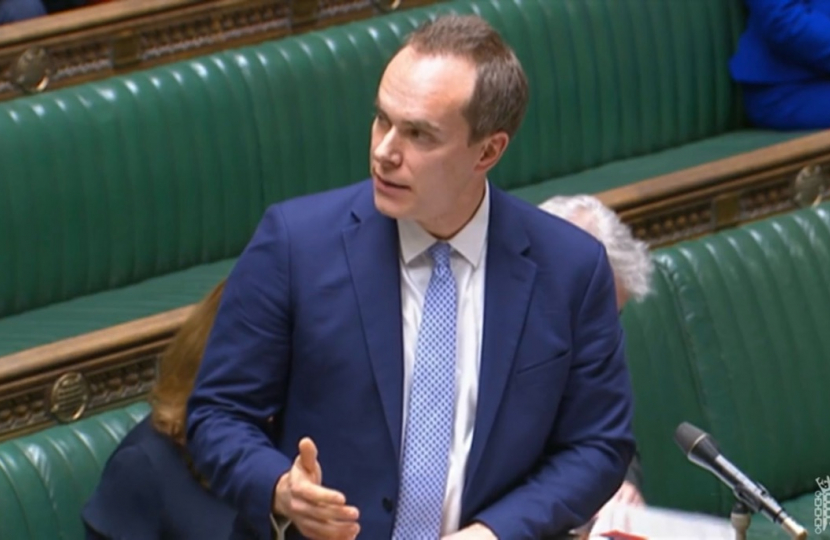
As of this week I will have been the Minister for Children, Families and Wellbeing for 6 months.
As readers will know, being appointed to the Department for Education is pretty much the ideal Department for me given my pre-politics career running organisations for disadvantaged children.
And the 6 months have flown by, full of important reforms, programme launches and visits to children's settings all over the country.
The biggest thing on my desk at the moment is the delivery of the Government's latest childcare offer for working families which, when complete, will provide 30 hours free childcare a week from when children are 9 months old until they start school. This involves doubling the amount Government spends on childcare and will save families up to £6,500 a year.
The first 15 hours for 2 year olds becomes available from 1 April and so lots of my ministerial time is currently being spent making sure this goes smoothly. That includes the big national recruitment campaign (Do something big: work with small children) we launched last week to encourage more people to consider working with our youngest children, as those first 5 years of our lives are so important to what happens to us later on.
I have responsibility for reforming the special educational needs (SEND) and alternative provision system, with a plan that is backed by £2.6 billion. Not long after I was appointed we launched 9 Change Programme Partnerships which are testing the reforms we want to see to create a national SEND system for the first time - we have far too much regional variation - and ensure children get the right support in the right place, at the right time, wherever they live.
While children who live in care rarely have the media's attention, this is another vital responsibility in my role. Here we are delivering our Stable Homes, Built on Love strategy, which aims to transform the experience of children in care but also prevent children going into care in the first place by keeping families together but also increasing the support given to those who foster, adopt or are kinship carers, extended family members who take on children at moments of crisis.
As well as additional money for foster carers, I was delighted to launch the first ever strategy for kinship care in December to begin putting kinship carers on a level playing field with adopters and foster carers, which includes piloting a financial allowance for them equivalent to that which foster carers get.
There's been plenty else besides, including seeing the Government's Family Hubs now open in 75 areas of the country, all of it designed to give children the best start in life.
